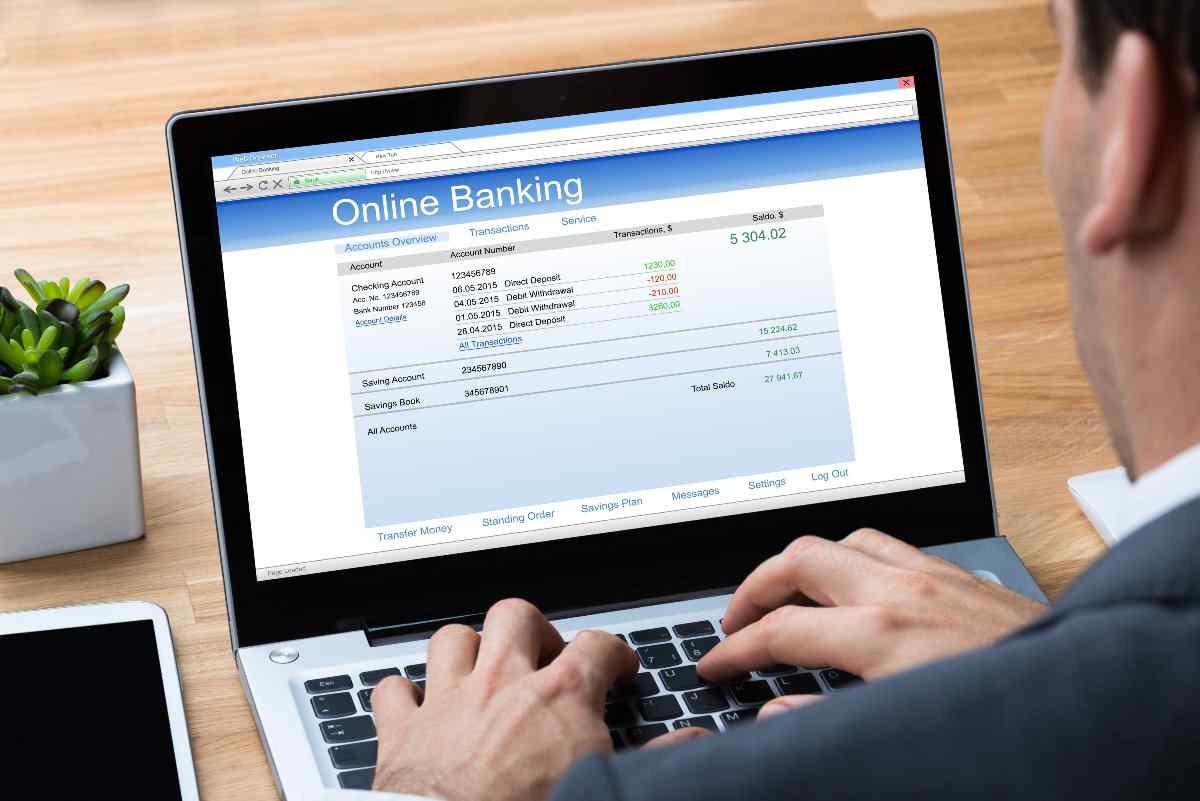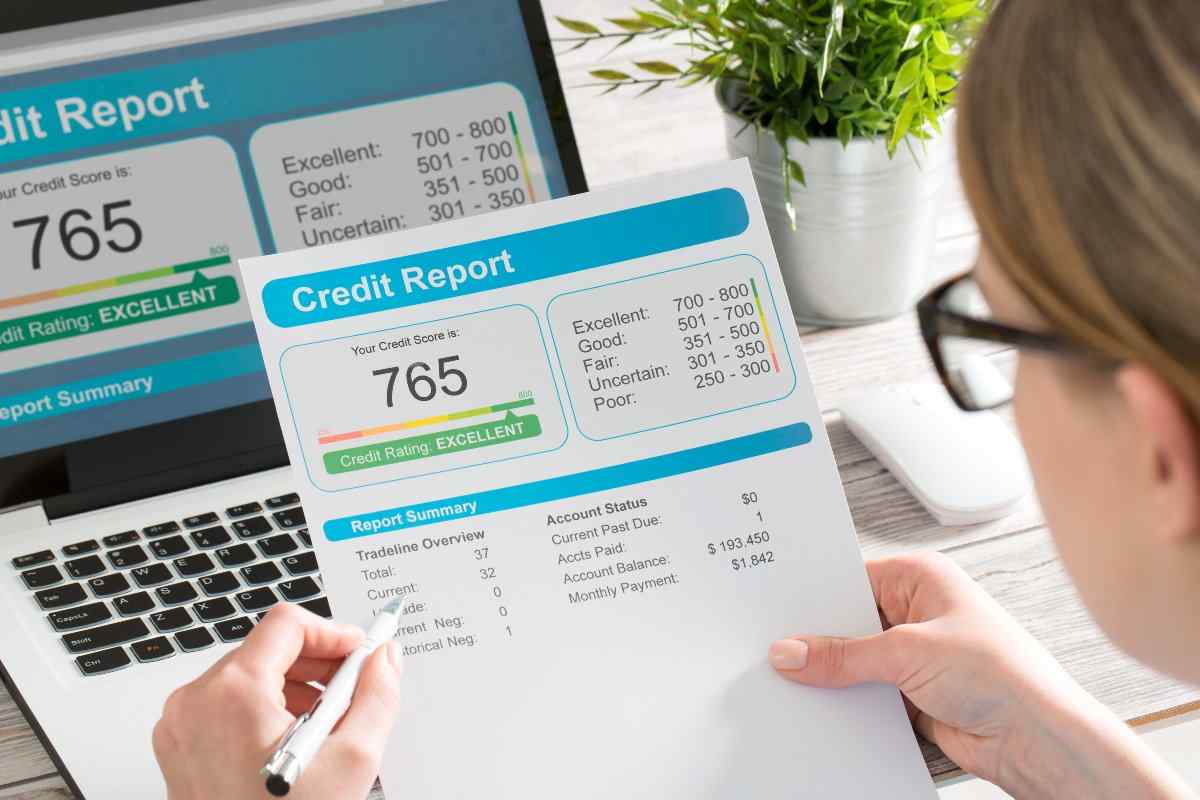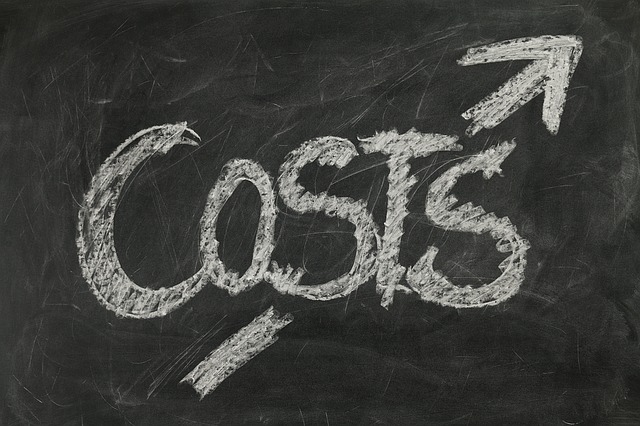What Is a Financial Background? How to Check It Yourself
A financial background check primarily assesses whether you’re financially responsible. It differs from other background checks in the following ways:
- A general background check is related to education, employment, address, identity, and criminal litigation. It doesn't cover the financial aspects of one’s personal life.
- A credit check, also known as credit search, looks for information from credit reports to reveal an individual’s financial behavior.
- A criminal background check discloses an individual’s criminal history.
Apart from the basics, such as the name, address, and previous addresses, a financial background check may uncover details like:
- Loan amounts
- Mortgages
- Medical debt
- Student loans
- Limits on different credit types
- Highest credit extended
- Percentage of credit still available
- Balances
- Average monthly payments
- Past due amounts
- Collection amounts
- Accounts in collection
- Tax liens
- Civil judgments or suits
- Bankruptcies
A thorough financial background screening can also include recent credit inquiries. The point is that these inquiries provide insight into an individual’s financial trustworthiness. As per the Fair Credit Reporting Act (FCRA), background-screening companies aren’t permitted to disclose the candidate’s scores to employers.
How to Do a Financial Background Check

If you are conducting a background check on someone or yourself, here are the steps you may need to take:
Pull Your Credit Report
Credit plays a crucial role in everyone’s life. Specifically, it affects the loan terms you’re offered. Your credit reports comprise two main components: your personal information and your credit history record.
Personal information can reveal your name, address, and Social Security number. As for your credit history, it shows how you use and handle your finances. It consists of information such as:
- How many open and closed accounts you’ve had.
- What types of accounts you’ve had.
- How much you owe on your accounts.
- Your payment history, which shows if you’ve paid your bills on time, and negative marks like delinquencies or collection accounts.
You can obtain a copy of your report for free directly from Equifax, Experian, or TransUnion. In addition, you can get your report online by visiting AnnualCreditReport.com.
After you’ve received your report:
- Go through your personal information to see whether it is correct. Also, make sure it’s up to date.
- Next, review your accounts. Watch out for red flags, such as unknown loan accounts. This could be identity theft.
- If you spot an inaccuracy, error, or discrepancy, don’t ignore them. Instead, immediately file a dispute with the bureau.
- Check your report every few months. Each of the three main credit bureaus allows you to conduct a free credit check every four months.
If you’re applying for a loan, the lending company will request to review your report to figure out whether to approve you or not. This type of request gets recorded on your report as a “hard” inquiry and can lower your score. You deal with a “soft” inquiry when you conduct your own check. Soft inquiries may not affect your score.
Many negative items will remain on your report for seven years, as defined by the FCRA. These include late payments, debt collections, charged-off accounts, and a Chapter 13 bankruptcy.
As soon as you find a negative item on your report that’s older than seven years, initiate a dispute with the bureau so you can get rid of it. Though debts still exist after seven years, when they fall off your report, which can improve your score.
Look at Your Credit Score
 Think of a credit score as a number showing your credit risk rating. Lenders rely on this score to determine if you’re eligible for financing, decide on the terms, or set the interest rate.
Think of a credit score as a number showing your credit risk rating. Lenders rely on this score to determine if you’re eligible for financing, decide on the terms, or set the interest rate.
The most famous FICO score is offered by the Fair Isaac Corporation (FICO). 90% of the credit decisions made in the U.S. are based on FICO scores. This score is based on specific data: payment history (35%), amounts owed (30%), credit history length (15%), new credit (10%), and credit mix (10%).
FICO defines:
- 300 – 579 as poor
- 580 – 669 as fair
- 670 – 739 as good
- 740 – 799 as very good
- 800 – 850 as exceptional.
20 of the top 25 biggest U.S. financial institutions consider VantageScore, developed by Equifax, TransUnion, and Experian. VantageScores 4.0, released in 2017, uses scores from 300 to 850.
- 300-549 are very poor scores
- 550-649 are poor
- 650-699 are fair
- 700-749 are good
- 750-850 are excellent or super-prime.
The higher the score, the fewer challenges you’ll encounter when applying for merchant services or funding. Besides, higher scores mean more favorable terms. However, high-risk funding providers and payment processing companies are willing to work with hard-to-approve businesses without shying away from them.
Experian reports that:
- 16% of Americans have a very poor score
- 17% have a fair score
- 21% have a good score
- 25% have a very good score
- 21% have an exceptional score.
According to myFICO, the average FICO score for Americans was 711 in 2020. Interestingly, states vary in their credit score averages. According to VantageScore, as of July 2021, Minnesota has maintained the highest average score (724) in America since July 2020. On the other hand, Mississippi has held the lowest score (662) since July 2020.
Don’t fail to check your score periodically. As a rule, the score is available after three to, perhaps, six months of activity. So, you won’t be able to immediately view your score if you’ve just opened your first account.
According to Javelin Strategy & Research, 54% of adults never check their scores. In addition, a survey by CreditCardInsider.com has revealed that only 21% of the participants checked their scores each month.
Review Your ChexSystems File
ChexSystems is a financial reporting service. When you turn to your bank for a new checking or savings account, the bank may use this system to verify your identity and banking history. You can apply for a free copy of your consumer report online every 12 months. ChexSystems uses a 100 to 899 scale for its Consumer Score. Higher scores mean that you are less risky to banks.
Look Into Judgments and Liens
Unpaid taxes result in judgments or liens that can show up on your credit if the issuer reports them to the bureaus. Don’t hesitate to call your local courthouse or tax assessor’s office to make sure you have no outstanding liens or judgments. In case you do, address them immediately. Otherwise, these negative items will cause significant damage to your score if they appear on your report.
Financial Background Check for Employment
When discussing your financial background, you might also be interested in “what is financial background check for employment?” These may relate to pre-employment (PEER) credit reports. Employers can run online checks to view an applicant’s credit history and report. Specifically:
- Companies may turn to this type of screening for certain applicants, such as bank tellers and financial advisors. Why? These people will access sensitive financial information and documents, funds, company accounts, and assets. The purpose is to understand how candidates handle their finances to be sure they can organize the company’s finances properly.
- Companies may view many late payments as a sign of disorganization and irresponsibility.
- Excessive debt or unreasonable use of available credit could point to financial distress, increasing the likelihood of theft or fraud.
This type of screening appears as a “soft inquiry.” The report for employment purposes doesn’t hurt the FICO score.
Why Is Financial Literacy Important?
 Most people make finance-related decisions, such as signing up for loans, without being aware of the consequences they might face. Financial literacy helps you make better financial decisions and avoid mistakes.
Most people make finance-related decisions, such as signing up for loans, without being aware of the consequences they might face. Financial literacy helps you make better financial decisions and avoid mistakes.
Specifically, by being financially literate, you can analyze your earnings, change your spending habits, budget, establish an emergency fund, properly manage debt, and calculate interest. As a result, you’ll improve the quality of your life.
How to Improve Credit Score
What if your score is low? One thing is sure: this isn’t the end of the world. Though a low score is the measure of poor financial health, you can still improve it. However, you can’t improve your score overnight; it’ll take time, but it’s worth it.
Here is how you can improve your credit score:
- Pay your bills on time.
- Pay off your debt.
- Don’t rush to open new credit card accounts; do it only if necessary. Open accounts make scores go down.
- Avoid closing unused credit cards if they don’t result in additional annual costs.
- Dispute any inaccuracy or error you find on your report.
Wrapping Up
The term “financial background check” is often used to denote a credit history check, but that only makes up part of it. A check of your financial background is a more holistic view of your financial responsibility. It shows how you manage your finances in your day-to-day life.
Financial background screening may include information on your highest credit extended, credit line limits, average monthly payments, balances, past due payments, existing debt, civil suits or judgments, bankruptcies, accounts in collection, collection amounts, tax liens, and bankruptcies. Knowing how to conduct this type of screening will improve your financial literacy.





